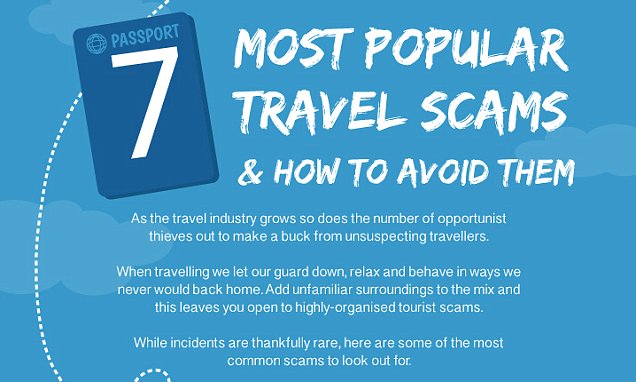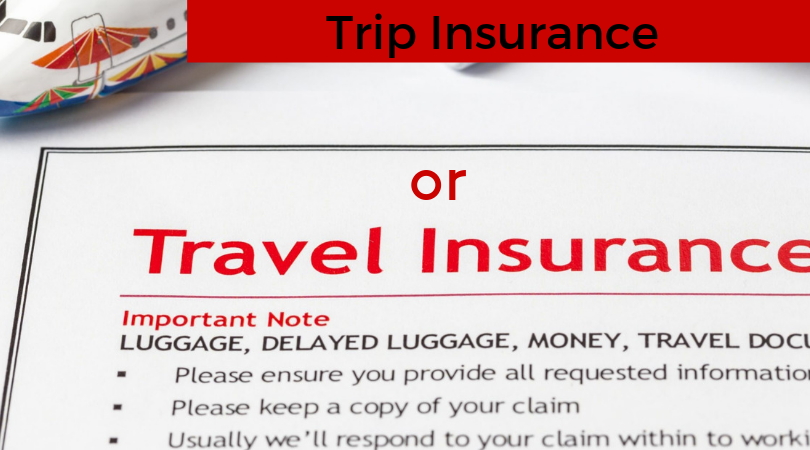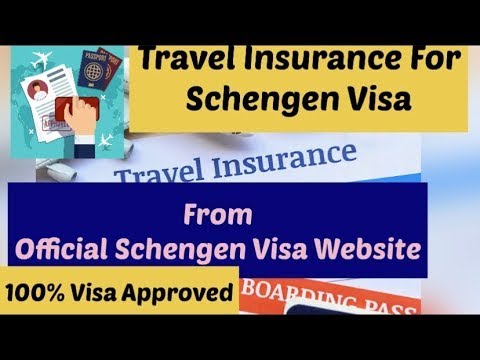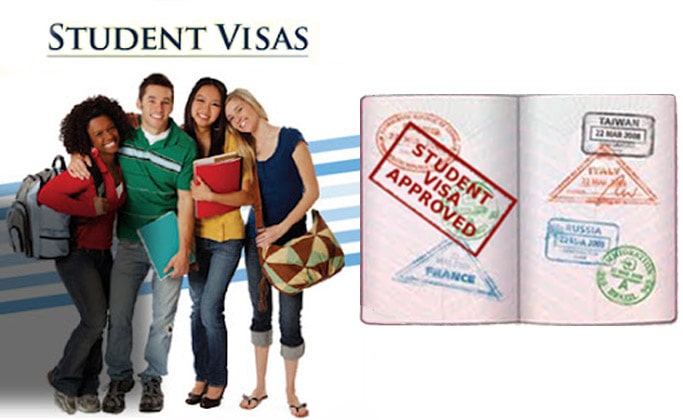
Table of Contents
- Introduction
- Understanding Travel Visa Scams
- What is a Travel Visa Scam?
- Why Are Travelers Targeted?
- Common Travel Visa Scams You Should Know
- Fake Visa Agents
- Unrealistic Job Offers Abroad
- Lottery and Green Card Scams
- Duplicate or Forged Visa Documents
- Online Phishing and Email Scams
- Fake Travel Packages with “Visa Included”
- Warning Signs of a Fake Visa Agent
- Upfront Payments Without Receipts
- Guarantees of 100% Approval
- No Physical Office or Verification Documents
- Pressure to Apply Quickly
- Poorly Designed Websites or Ads
- Real-Life Examples of Visa Scams
- How to Verify If a Travel Visa Agent Is Genuine
- Checking Accreditation
- Cross-Checking With Embassies and Consulates
- Verifying Business Registration
- Asking for References
- Step-by-Step Guide to Protect Yourself From Fake Agents
- Research Before Payment
- Never Share Sensitive Information Hastily
- Use Official Government Channels
- Request Written Agreements
- Double-Check Visa Application Requirements
- Safe Alternatives to Using Agents
- Applying Directly Through Embassies
- Using Official Government Websites
- Consulting Licensed Immigration Lawyers
- Frequently Asked Questions (FAQs)
- Conclusion
1. Introduction
Travel Visa Scams: How to Avoid Fake Agents. Traveling abroad can be exciting, but the visa process often feels like a maze. With so many rules, documents, and changing requirements, it’s no wonder that many people look for “visa agents” to simplify the process. Unfortunately, this has opened the door for fraudsters who prey on travelers’ desperation and lack of knowledge.
Every year, thousands of people lose money to fake travel visa agents. These scams not only drain finances but also crush the dreams of people who genuinely want to study, work, or travel abroad. Some victims even end up blacklisted by embassies because of forged documents submitted on their behalf.
In this blog post, we will explore how travel visa scams operate, the common tactics used by scammers, how to identify fraudulent agents, and, most importantly, how to protect yourself.
2. Understanding Travel Visa Scams
What is a Travel Visa Scam?
A travel visa scam is a fraudulent scheme where individuals or fake agencies pretend to provide visa assistance but instead deceive people to steal their money, identity, or both. Scammers may pose as genuine travel agents, immigration consultants, or even embassy representatives.
Why Are Travelers Targeted?
Scammers know that applying for a visa can be complicated, especially for first-time travelers. They exploit:
- Lack of information about visa procedures.
- Urgency to travel for studies, work, or medical reasons.
- Dreams of relocating to countries like the USA, UK, Canada, or Europe.
- High competition in immigration and student visa programs.
3. Common Travel Visa Scams You Should Know
Fake Visa Agents
These are individuals who claim to be visa consultants but are not licensed or recognized by any embassy. They lure victims with promises of guaranteed visas, shortcuts, or insider connections.
Unrealistic Job Offers Abroad
Many scammers advertise high-paying jobs in countries like Canada, the UK, or Dubai and promise to handle the visa process once you pay a “processing fee.” In reality, the jobs don’t exist.
Lottery and Green Card Scams
Fraudsters send emails claiming you have “won” a visa lottery, often targeting Nigerians and other Africans with fake US Diversity Visa (DV) lottery notifications. They request payments for processing fees—something the official lottery never requires outside the formal process.
Duplicate or Forged Visa Documents
Some fake agents provide counterfeit visa stamps or approval letters. Victims only discover the fraud when they are denied entry at the airport.
Online Phishing and Email Scams
Emails from fake embassy addresses or suspicious websites ask applicants to submit personal details like passport numbers, bank information, or fees.
Fake Travel Packages with “Visa Included”
Some travel agencies advertise holiday packages that include flights, accommodation, and visas. In reality, the visa never arrives, leaving travelers stranded.
4. Warning Signs of a Fake Visa Agent
Knowing the red flags is the first step to protecting yourself.
- Upfront Payments Without Receipts: Genuine agencies provide receipts and transparent billing. Scammers usually insist on cash or untraceable transfers.
- Guarantees of 100% Approval: No legitimate agent or lawyer can guarantee a visa. The final decision always rests with the embassy.
- No Physical Office or Verification Documents: Fake agents may operate only via phone calls or WhatsApp. Always confirm their office address and registration.
- Pressure to Apply Quickly: Scammers create urgency to stop victims from thinking critically.
- Poorly Designed Websites or Ads: Many scam websites are filled with spelling mistakes, lack security (no HTTPS), and provide no verifiable contact details.
5. Real-Life Examples of Visa Scams
- In Nigeria, several students were defrauded by an “agent” who promised Canadian study permits. They paid millions in Naira but received fake admission letters.
- In India, a group of workers was lured with jobs in Dubai. After paying fees, they were given fake visas and left stranded at the airport.
- In Kenya, fake UK visa lottery emails circulated, demanding “processing fees” from unsuspecting applicants.
These stories highlight why vigilance is essential.
6. How to Verify If a Travel Visa Agent Is Genuine
Checking Accreditation
Legitimate agents are often registered with recognized immigration associations or licensed by government agencies.
Cross-Checking With Embassies and Consulates
Before paying, contact the embassy directly to verify if the agent is recognized.
Verifying Business Registration
Check if the agency is registered with the Corporate Affairs Commission (CAC) in Nigeria or the appropriate business authority in your country.
Asking for References
Request to speak with past clients. Genuine agents won’t hesitate to provide verifiable references.
7. Step-by-Step Guide to Protect Yourself From Fake Agents
- Research Before Payment: Search online for reviews of the agent.
- Never Share Sensitive Information Hastily: Avoid giving passport numbers, bank details, or personal documents without verification.
- Use Official Government Channels: Most visa applications can be done directly through embassy websites.
- Request Written Agreements: If using an agent, demand a signed contract.
- Verify Visa Application Requirements: Check the official embassy website for the latest information.
8. Safe Alternatives to Using Agents
- Applying Directly Through Embassies: This eliminates middlemen and reduces the risk of fraud.
- Using Official Government Websites: For example, US visa applications are done via travel.state.gov.
- Consulting Licensed Immigration Lawyers: If your case is complex, hire only accredited professionals.
9. Frequently Asked Questions (FAQs)
Q1: Can an agent really guarantee a visa?
No. Only embassies and consulates can approve or deny visas. Any agent who promises a guaranteed visa is a scammer.
Q2: Is it safer to apply for a visa myself?
Yes. Most embassies have clear guidelines online. Applying yourself reduces the risk of fraud and saves money.
Q3: How do I know if a visa lottery is real?
Check the official government website of the country. For the USA, the only official source is dvprogram.state.gov.
Q4: Are online visa application websites safe?
They are safe only if they are official embassy websites. Look for HTTPS, check the domain carefully, and avoid third-party lookalikes.
Q5: What should I do if I fall victim to a fake visa agent?
Report the case to your local police, the Financial Crimes Commission, or the embassy’s fraud department. Quick reporting increases the chances of catching scammers.
10. Conclusion
Travel Visa Scams: How to Avoid Fake Agents. Visa scams are becoming increasingly sophisticated, targeting students, job seekers, and tourists alike. While the promises of fast approvals and guaranteed success may sound tempting, they are traps designed to steal your money and dreams.
The safest path is to stay informed, rely on official government sources, and avoid shortcuts. If you must use an agent, make sure they are accredited, verifiable, and transparent. Just follow this write-up about Travel Visa Scams: How to Avoid Fake Agents
By arming yourself with knowledge and caution, you can safeguard your finances, documents, and future travels.
Related content: Best Travel & Tourist Visa





